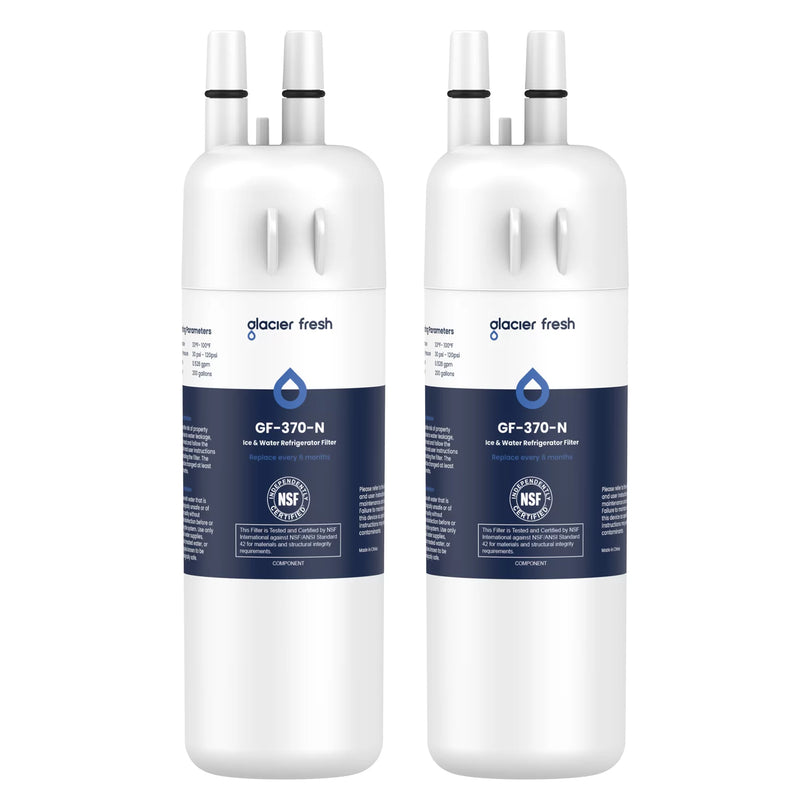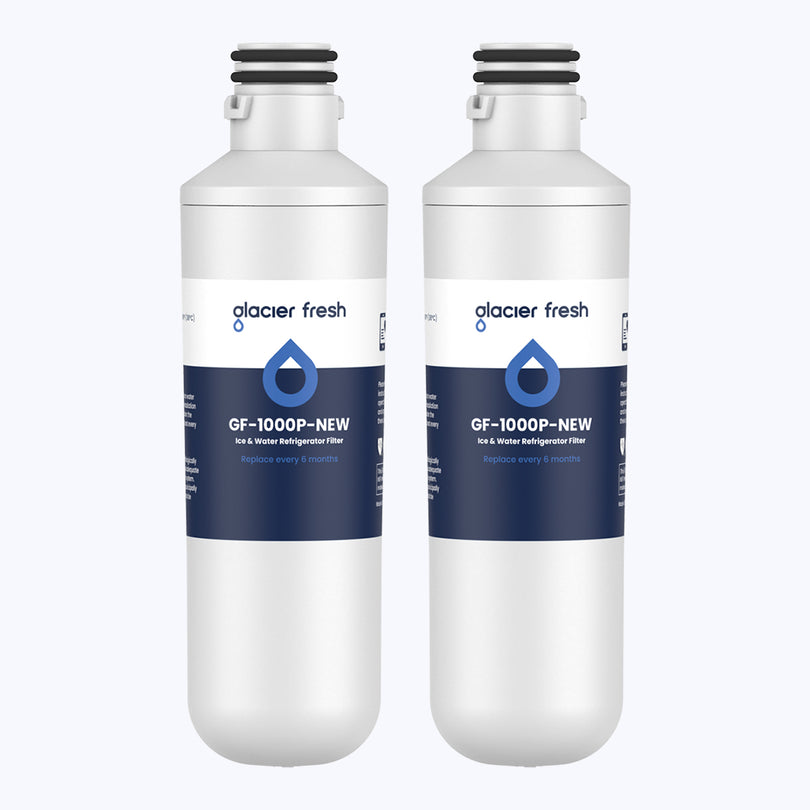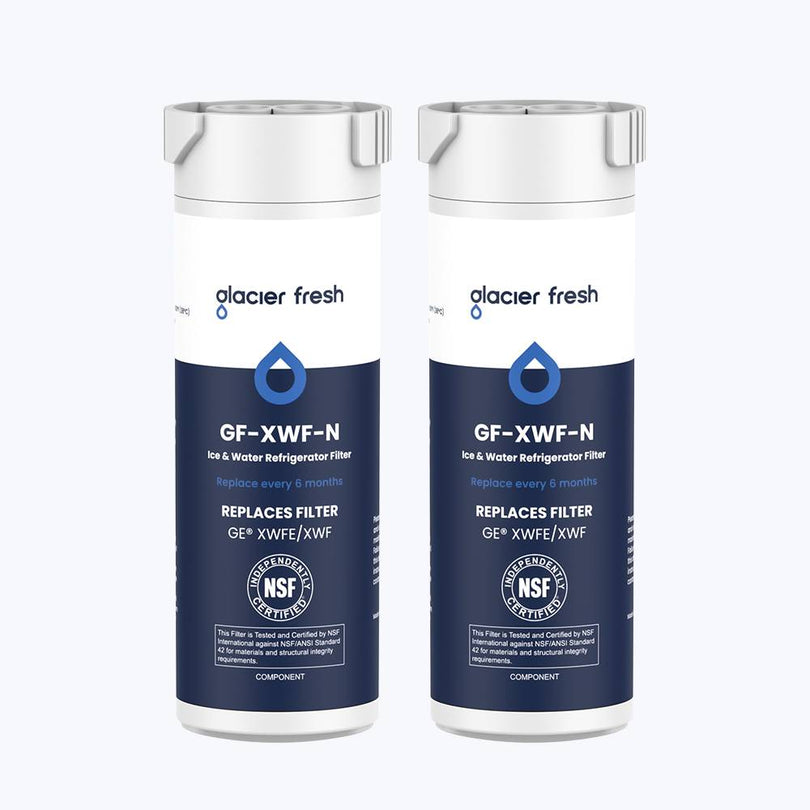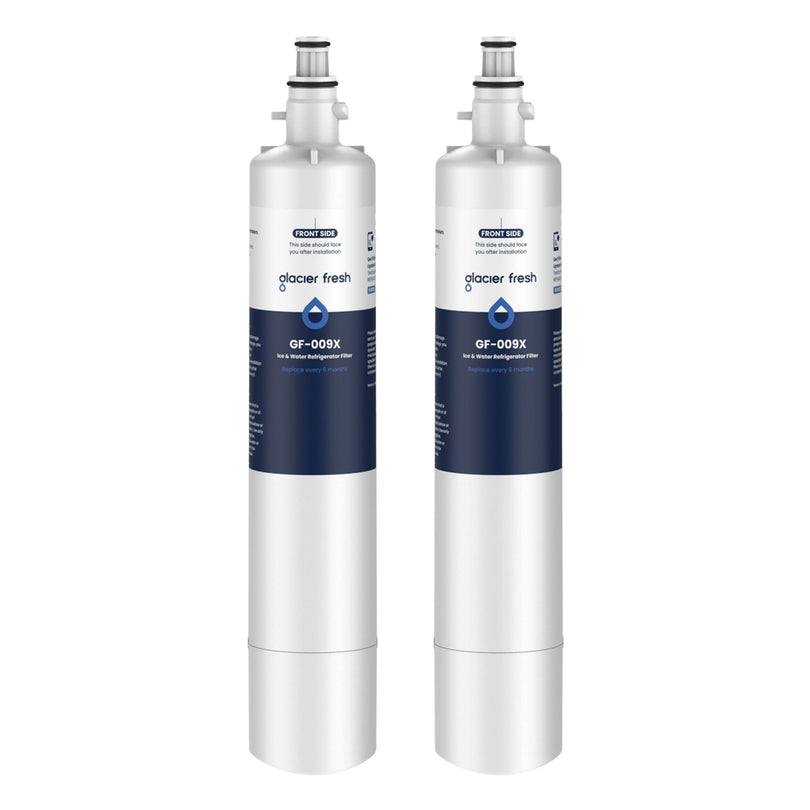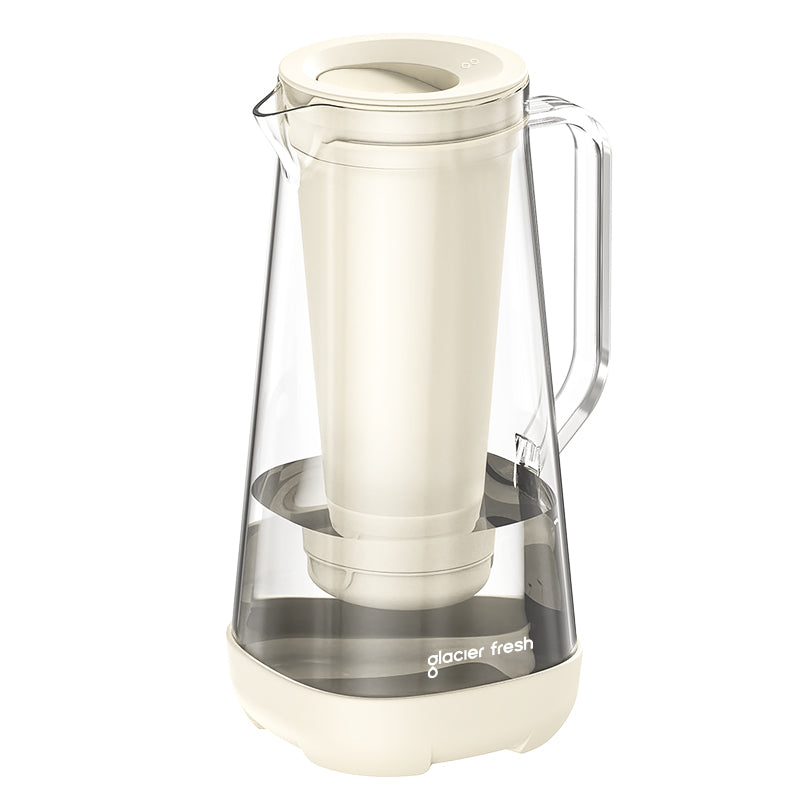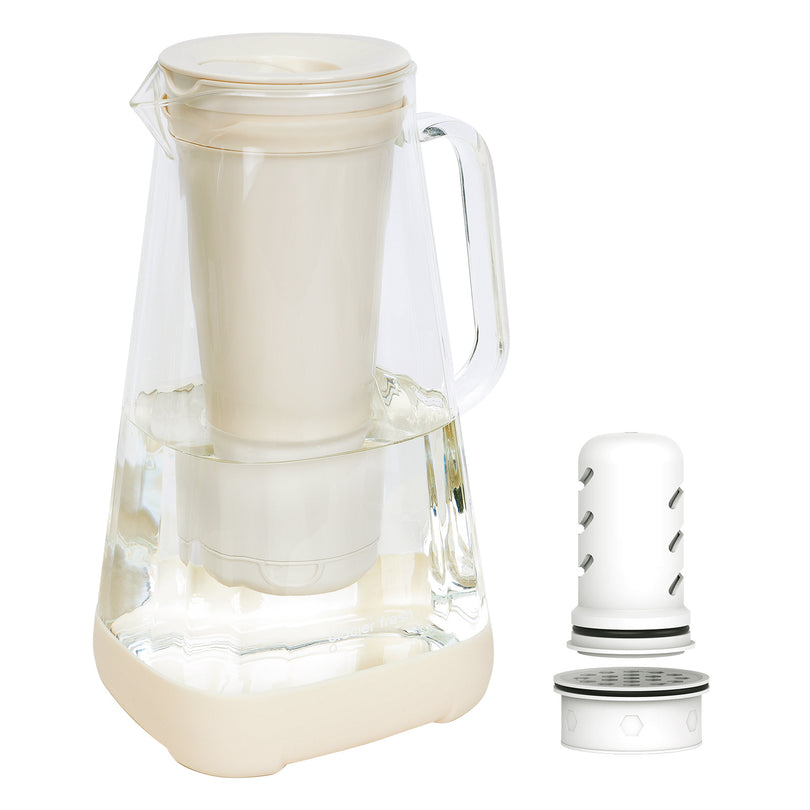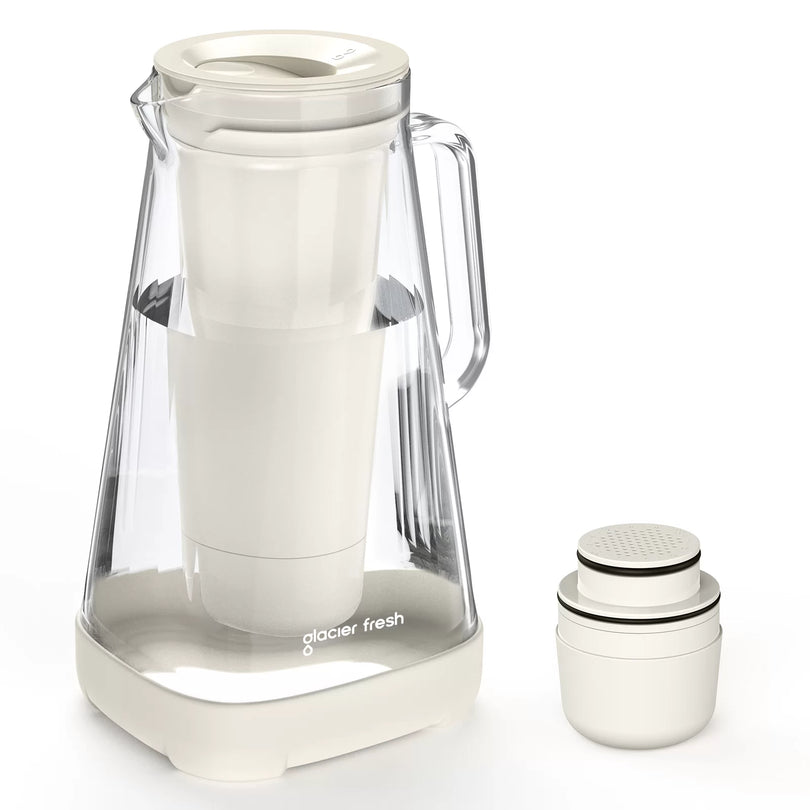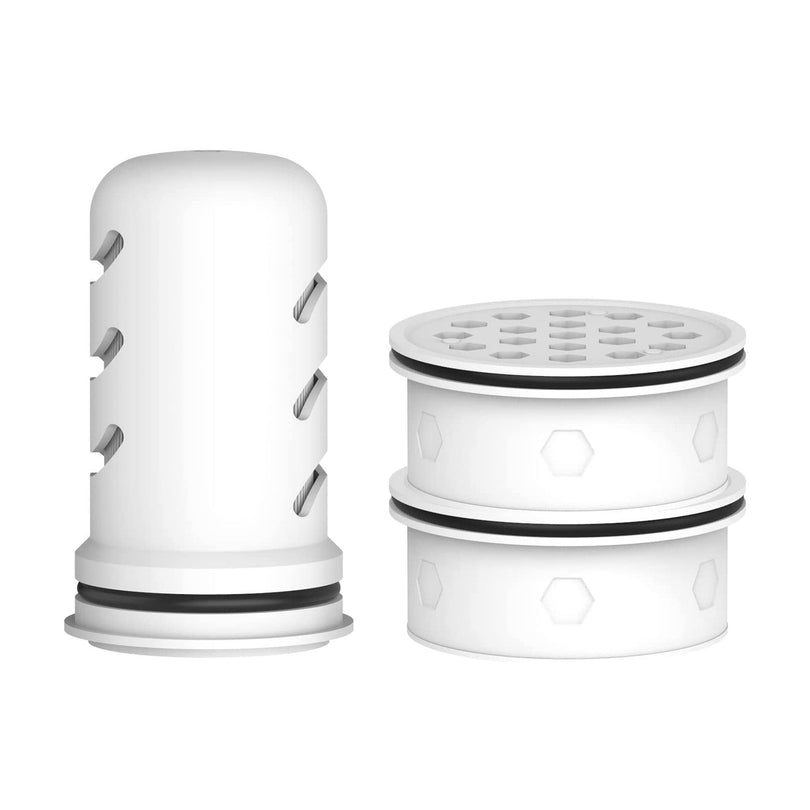Table of Contents:
Was ist Schimmel?
Anzeichen von Schimmelbildung in Ihrem Wasserfilter
Warum Schimmel in Wasserfiltern wächst: Häufige Ursachen
Tipps zur vorbeugenden Wartung, um Schimmelbildung zu vermeiden
Weitere bewährte Methoden für schimmelfreie Wasserfilter
FAQs
Abschluss
Sie wissen, wie wichtig sauberes, sicheres Wasser für Ihre Gesundheit ist. Aber haben Sie schon einmal über die Gefahr nachgedacht, die Schimmel in Ihrem Wasserfilter darstellt? Schimmel ist mehr als nur ein Ärgernis; er stellt ein potenzielles Gesundheitsrisiko dar und kann bei unsachgemäßer Behandlung in Ihr Trinkwasser gelangen. Um Ihr Wasser sicher zu halten, ist es wichtig zu wissen, wie Sie Schimmelbildung in Ihren Wasserfiltern verhindern können. Mit den richtigen Wartungstipps können Sie dafür sorgen, dass Ihre Filter schimmelfrei bleiben. Möchten Sie mehr über den Schutz Ihres Wassers erfahren? Lassen Sie uns näher darauf eingehen.
Was ist Schimmel?

Schimmel ist eine Pilzart, die häufig in feuchten Umgebungen vorkommt. Es gibt keine Einheitslösung; es gibt viele Schimmelarten, jede mit einzigartigen Eigenschaften und potenziellen gesundheitlichen Auswirkungen. Einige Schimmelarten, wie Aspergillus oder Stachybotrys – der berüchtigte Schwarzschimmel – sind dafür bekannt, gesundheitliche Probleme zu verursachen, die von Allergien bis hin zu schweren Lungeninfektionen reichen.
Der Lebenszyklus von Schimmel beginnt, wenn mikroskopisch kleine Sporen auf einer feuchten Oberfläche landen. Sie keimen, bilden Kolonien und produzieren weitere Sporen. Dieser Zyklus setzt sich fort, sofern Sie nicht eingreifen. Hier kommt die Schimmelprävention ins Spiel. Sorgen Sie für trockene und gut belüftete Räume. Regelmäßiges Reinigen und Trocknen an der Luft kann beispielsweise Schimmelbildung in Ihrem Wasserfilter verhindern.
Anzeichen von Schimmelbildung in Ihrem Wasserfilter
Obwohl Ihr Wasserfilter Sie vor Schadstoffen schützt, kann er manchmal ein Nährboden für Schimmel sein. Sie bemerken ihn vielleicht gar nicht, aber wenn er da ist, kann er Ihre Wasserqualität und möglicherweise Ihre Gesundheit beeinträchtigen. Deshalb ist es wichtig, die Anzeichen von Schimmelbildung und die besten Methoden zur Schimmelerkennung zu kennen.
- Unangenehmer Geruch : Wenn Ihr Wasser muffig oder schimmelig riecht, ist das ein klares Zeichen für Schimmel. Ignorieren Sie dies nicht, da es die Wasserqualität erheblich beeinträchtigen kann.
- Sichtbarer Schimmel : Schwarze, grüne oder weiße Flecken in Ihrem Wasserfilter sind sichere Anzeichen für Schimmel. Regelmäßige Filterwartung ist der Schlüssel zur Vorbeugung.
- Feuchtigkeitsprobleme : Wenn die Luftfeuchtigkeit in Ihrem Haus besonders hoch ist, ist Ihr Wasserfilter anfälliger für Schimmelbildung. Verwenden Sie Tipps zur Feuchtigkeitskontrolle, z. B. einen Luftentfeuchter oder eine Klimaanlage, um die Luftfeuchtigkeit unter Kontrolle zu halten.
Warum Schimmel in Wasserfiltern wächst: Häufige Ursachen
Seltener Filterwechsel
Einer der Hauptgründe für Schimmelbildung in Wasserfiltern ist der seltene Filterwechsel. Alte Filter können durch Verunreinigungen verstopft werden. und bieten eine perfekte Umgebung für Schimmelwachstum. Befolgen Sie immer die Anweisungen des Herstellers zu den Austauschintervallen, da verschiedene Filter eine unterschiedliche Lebensdauer haben.
Mangelnde regelmäßige Reinigung
Die Reinigung ist genauso wichtig wie der Filterwechsel selbst. Viele übersehen die Notwendigkeit, Filtergehäuse und -komponenten zu reinigen, wodurch sich Bakterien und Schimmel ansammeln können. Regelmäßige Reinigung beugt Ablagerungen vor und stellt sicher, dass Ihr Wasser trinkbar bleibt.
Schlechte Installation oder Lagerung
Eine unsachgemäße Installation des Wasserfilters kann zu Lecks oder stehendem Wasser führen und so Schimmelbildung begünstigen. Werden Filter nicht richtig gelagert – insbesondere wenn sie feucht sind – kann sich Schimmel bereits vor der Verwendung bilden.
Tipps zur vorbeugenden Wartung, um Schimmelbildung zu vermeiden
Routinemäßiger Filterwechsel
Um Schimmel vorzubeugen, sollten Sie Ihre Filter regelmäßig austauschen. Beachten Sie den Austauschplan des Herstellers und protokollieren Sie den Wechsel. So behalten Sie den Überblick über die Wartung.
Regelmäßige Reinigung von Filtergehäuse und Anlagenkomponenten
Um Schimmel vorzubeugen, ist die Reinigung oder der Austausch des Kühlschrank -Wasserfilters unerlässlich. Verwenden Sie eine Essig-Wasser-Lösung oder eine milde Bleichlösung, um Filterteile und Gehäuse zu reinigen. Stellen Sie sicher, dass alle Komponenten vor dem Zusammenbau vollständig trocknen. Regelmäßige Reinigung trägt wesentlich zur Schimmelprävention bei.
Auf Lecks und stehendes Wasser prüfen
Überprüfen Sie Ihr Filtersystem regelmäßig auf Lecks. Schon ein kleines Leck kann eine feuchte Umgebung schaffen, die Schimmelbildung fördert. Achten Sie außerdem darauf, dass sich kein Wasser im oder in der Nähe des Filters sammelt, da dies zu stehendem Wasser führen kann.
Kontrollieren Sie die Luftfeuchtigkeit rund um den Filter
Feuchtigkeit spielt eine wichtige Rolle bei der Schimmelbildung. Installieren Sie Ihren Wasserfilter an einem trockenen, gut belüfteten Ort. Wenn Feuchtigkeit ein Problem darstellt, sollten Sie einen Luftentfeuchter verwenden, um eine trockene Umgebung zu gewährleisten.
Weitere bewährte Methoden für schimmelfreie Wasserfilter
Spülen Sie die Systeme nach Phasen der Inaktivität
Wenn Sie längere Zeit nicht zu Hause sind, empfiehlt es sich, das System nach Ihrer Rückkehr durchzuspülen. So können Sie stehendes Wasser, das sich während Ihrer Abwesenheit angesammelt hat, entfernen.
Verwenden Sie UV-Sterilisatoren oder antimikrobielle Filter
Erwägen Sie die Ergänzung Ihres Systems durch einen UV-Sterilisator oder einen antimikrobiellen Filter. Diese Technologien können das Wachstum von Schimmel und anderen schädlichen Mikroorganismen hemmen und bieten so zusätzlichen Schutz.
Überwachen Sie die Wasserqualität
Testen Sie Ihr Wasser regelmäßig, um sicherzustellen, dass es frei von Verunreinigungen ist, die Schimmelbildung fördern. Sie können Testkits für den Heimgebrauch kaufen oder Proben zur Analyse an ein Labor schicken. Beheben Sie alle Probleme mit hartem Wasser, die mikrobielles Wachstum fördern können.
FAQs
Kann in Kühlschrank-Wasserfiltern Schimmel entstehen?
Natürlich kann sich Schimmel in den Wasserfilter Ihres Kühlschranks bilden. Dies kann passieren, wenn das Wasser stagniert oder der Filter nicht häufig genug gewechselt wird.
Ist es sicher, Essig zum Reinigen von Filtern zu verwenden?
Ja, die Verwendung von Essig zur Filterreinigung ist völlig unbedenklich. Die Wirksamkeit von Essig beruht auf seiner Säure, die Schimmel und andere Bakterien abtötet. Sie können ihn ohne Sicherheitsbedenken für verschiedene Filtertypen verwenden. Die Reinigungshäufigkeit mit Essig hängt jedoch vom Zustand und der Nutzung Ihres Filters ab.
Welcher Filtertyp ist am widerstandsfähigsten gegen Schimmel?
Filter mit antimikrobiellen Eigenschaften sind im Allgemeinen resistenter gegen Schimmelbildung. Achten Sie auf Produkte, die speziell zur Hemmung des mikrobiellen Wachstums entwickelt wurden.
Abschluss
Daher ist es für Ihre Gesundheit entscheidend, Ihre Wasserfilter schimmelfrei zu halten. Halten Sie eine regelmäßige Reinigung ein, kontrollieren Sie die Luftfeuchtigkeit und überprüfen Sie Ihre Filter regelmäßig. Wählen Sie den richtigen Filter für Ihre Wasserquelle und tauschen Sie ihn bei Bedarf aus. Mit diesen Tipps beugen Sie Schimmelbildung vor und stellen sicher, dass Sie stets sauberes Wasser trinken. Denken Sie daran: Schimmelbildung im Wasserfilter vorzubeugen ist einfacher, als ihn später zu beseitigen. Bleiben Sie sicher und hydriert mit Glacier Fresh !

